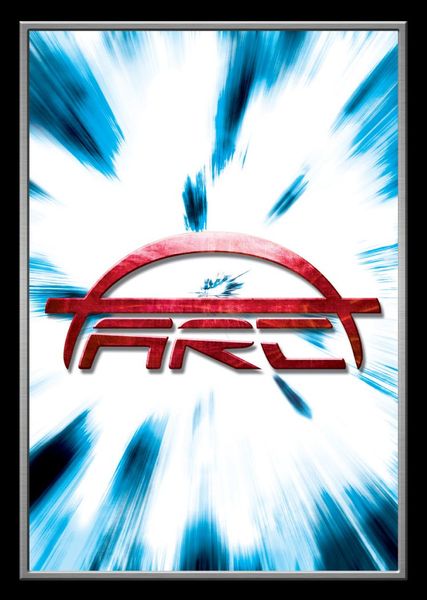ARC is a science fiction-themed card game that was released in in 2012. Designed by Greg Puzon, Thomas Rushing, and Ryan Saplan, the game is set in a futuristic world where players compete to build territories and eliminate their opponents using action points, hand management, player elimination, and variable player powers.
Game Components of ARC
Player Boards: Each player has a board to track cities, starting resources, and remaining ships.Card Deck: A deck of cards with six cards dealt to each player, featuring four suits numbered 1-7.Guild Cards: Special cards granting players unique abilities and contributing to victory points.Resource Tokens: Tokens for resources collected from controlled planets.Dice: Used for resolving battles, with different dice types offering varying risks and rewards.Agents: Tokens used to influence and secure Guild Cards.Map: Divided into systems containing planets or gates, with clusters of four systems.Ambition Markers: Markers for tracking scoring criteria.
How To Setup ARC
To set up ARC, players start by dealing six cards to each player, with the remaining cards placed in a draw pile. For games with two or three players, all ones and sevens are removed from the deck. Each player receives a player board, starting resources, and ships. The map is set up with system tiles, and the Ambition markers are placed on the board. Advanced setup introduces asymmetric factions and abilities.
Gameplay Mechanics and Game Objective
Card Play: Players take turns playing cards, with the lead player setting the suit for the round. Other players can surpass the lead card with a higher number in the same suit, pivot to a different suit for one action, or copy the lead card for one action.Actions: Cards allow actions such as moving ships, building cities and starports, collecting resources, influencing Guild Cards, and battling.Declaring Ambitions: The lead player can declare an ambition, activating scoring criteria at the end of the chapter.Combat: Resolved using dice rolls, with different dice types affecting outcomes.Game Objective: The game is won by the player with the most victory points after reaching a set threshold or at the end of five chapters.
Player Experience
ARC is a tactical game where players must adapt to the cards played by others. The game features a simple rule set but complex decision-making, as players need to balance short-term actions with long-term strategies. The game includes elements of trick-taking, but with significant deviations, allowing for pivoting and copying actions.
Pros
Deep Strategic Depth: Despite simple rules, the game offers complex strategic decisions.Adaptive Gameplay: Players must constantly adapt to changing card plays.Simplified Economy: A straightforward resource system that can be spent as bonus actions or kept as victory points.Engaging Battle System: Combat is resolved quickly using dice rolls with varying risks and rewards.
Cons
Snowball Effect: Advantages can compound, leading to significant disparities between players early in the game.Lengthy Games: Games can feel long, especially if one player gets a strong hand early on.Luck of the Draw: Bad card draws can significantly hinder a player’s progress.
Personal Thoughts on ARC
ARC is ideal for players who enjoy tactical strategy and are comfortable with a high level of adaptability. It is not a game for those seeking a pure strategic experience, as it heavily emphasizes tactical decisions based on the cards drawn. The game’s design is brilliant, with a focus on constraints and resource management, making it appealing to fans of intricate game mechanics. However, the snowball effect and potential for bad card draws might deter some players. Overall, ARC is a great choice for those who love sci-fi themes and dynamic gameplay.
We are supported by our audience. When you purchase through links on our site, we may earn an affiliate commission, at no extra cost for you. Learn more.

